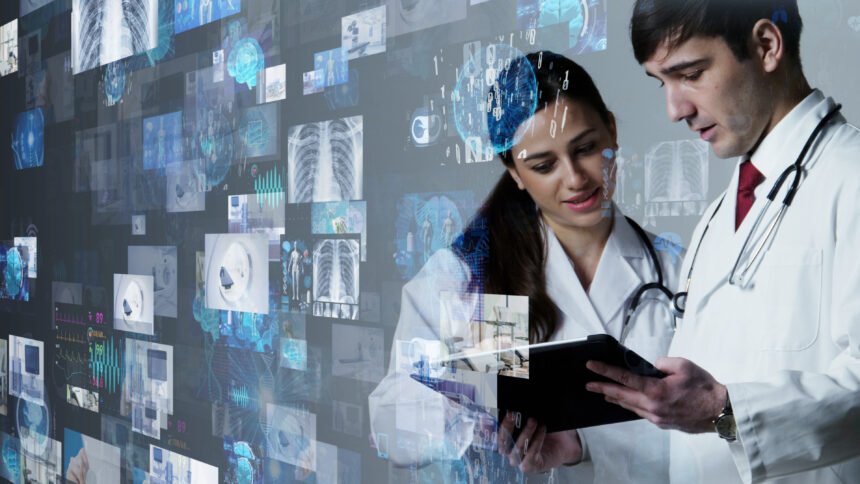Machine learning is an aspect of artificial intelligence that has been aiding in predictive analysis in many different industries, with healthcare being one of the most utilized thanks to some stellar funding. As the name would suggest, machine learning is the process by which computers recognize trends and analyze the data without human input to automate models and recommendations.
Here is a look at some current applications of machine learning in healthcare.
Project InnerEye
An application developed by the people at Microsoft, InnerEye analyzes data and automatically creates 3D imaging of a given area of the body to pinpoint exact locations of pinpoints, enabling doctors to direct their radiotherapy procedures to perfection.
Beta Bionics
More than 10% of the U.S. population suffers from diabetes, and each year roughly one-and-a-half million new diagnoses are given. Beta Bionics has created a wearable pancreas called the iLet, which allows those individuals with diabetes to have a constant readout of their blood sugar, along with other things. It also gives alerts anytime drastic changes occur. Beta Bionics just received $2 million in funding and the iLet is expected to continue evolving with both human analysis and machine learning.
Berg
A bit more of an R&D application, Berg is an artificial intelligence platform that analyzes data surrounding cancer, to form models and predictive analyses to map patterns and plan ahead regarding treatments in oncology. With these mapping technologies, doctors can refer to almost-limitless data for analysis regarding many different kinds of cancers. For skin cancer, as an example, epidemiologists provide data that biostatistics programs ?learn? from to provide doctors with suggestions for treatments and expectations for growth, or, hopefully, a lack thereof.
Smart Records
The evolution of electronic health records, and electronic medical records has truly created a win-win-win situation for patients, providers, and future development. Not only are they great for instant sharing of information between patient and potential caregivers, but the data collected can be shared for good, especially with development of predictive analysis, fueled by machine learning. Smart Records is a program from Quotient Health that makes these records easier to maintain, and much cheaper to utilize, ultimately aiming to help lower costs for consumers.
As a bi-product, the data collected can be used for R&D efforts, ultimately increasing quality of care. This is one of the biggest applications of AI in healthcare.
KenSci
KenSci is similar to a few other things on this list in that its goal is to aid doctors with predictive analysis generated from machine learning. Where Berg, for instance, centers on oncology, KenSci is a bit broader with its capabilities, and can be utilized to predict patterns for a variety of different diseases. In addition to being used to map disease progressions, KenSci also has features that can analyze a person?s genetics and determine their risk levels for certain diseases and ailments.
Looking Forward
Though cliché, the reality of machine learning and AI is that the sky’s the limit with these technologies and their abilities to help people, specifically in health care. The data industry is growing financially, as well, and industries with good funding tend to progress quite quickly in the United States. This list, and other current applications of machine learning in healthcare are only the beginning, and the more evolution, the better patient experiences will become.







_7-250x220.jpg)